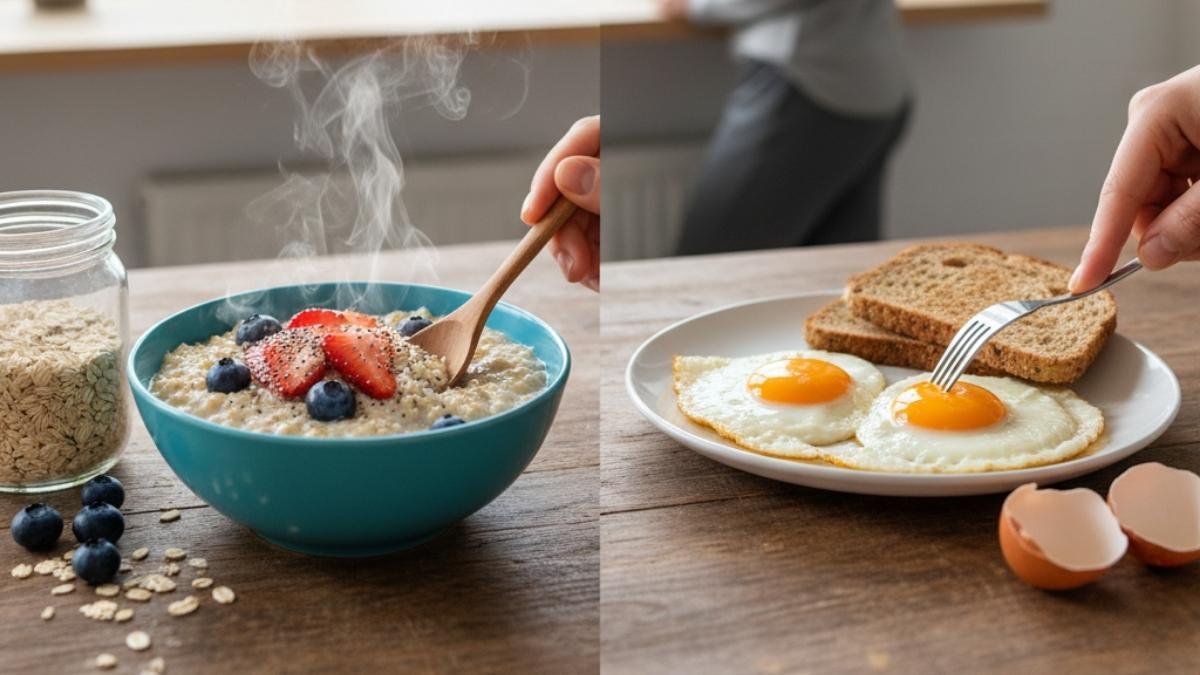
It’s 10:30 in the morning. You had breakfast a couple of hours ago, you’ve been trying to work, but… you’re staring at your screen, the words are starting to blur, and all you can really think about is your next cup of coffee. Or maybe just a quick nap under your desk.
That mid-morning crash is so common we almost think it’s normal. But it’s not. It’s a sign that your breakfast—the meal that’s supposed to set you up for the day—might have failed you.
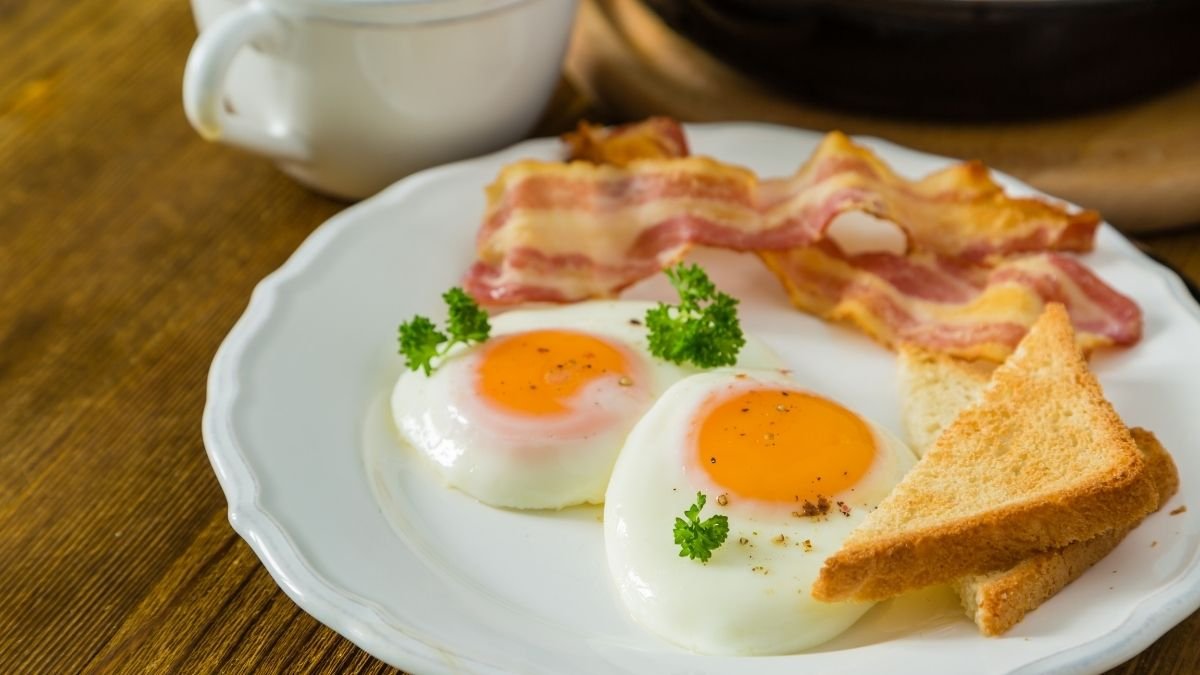
And when it comes to breakfast, there are two heavyweights that everyone talks about: eggs and oatmeal. In one corner, you have the classic, protein-first egg. In the other, the hearty, whole-grain bowl of oats. We’ve all been told they’re both “good for you,” but they go about it in completely different ways. So, which one is actually better for giving you that clean, sustained energy that gets you through to lunch without the crash?
The answer is a little more complicated, and honestly, a lot more interesting than you’d think. It turns out, the real winner isn’t one food, but a strategy. It’s about knowing what your day looks like and picking the right fuel for the mission.
Let’s Look Under the Hood: What Are We Really Eating?
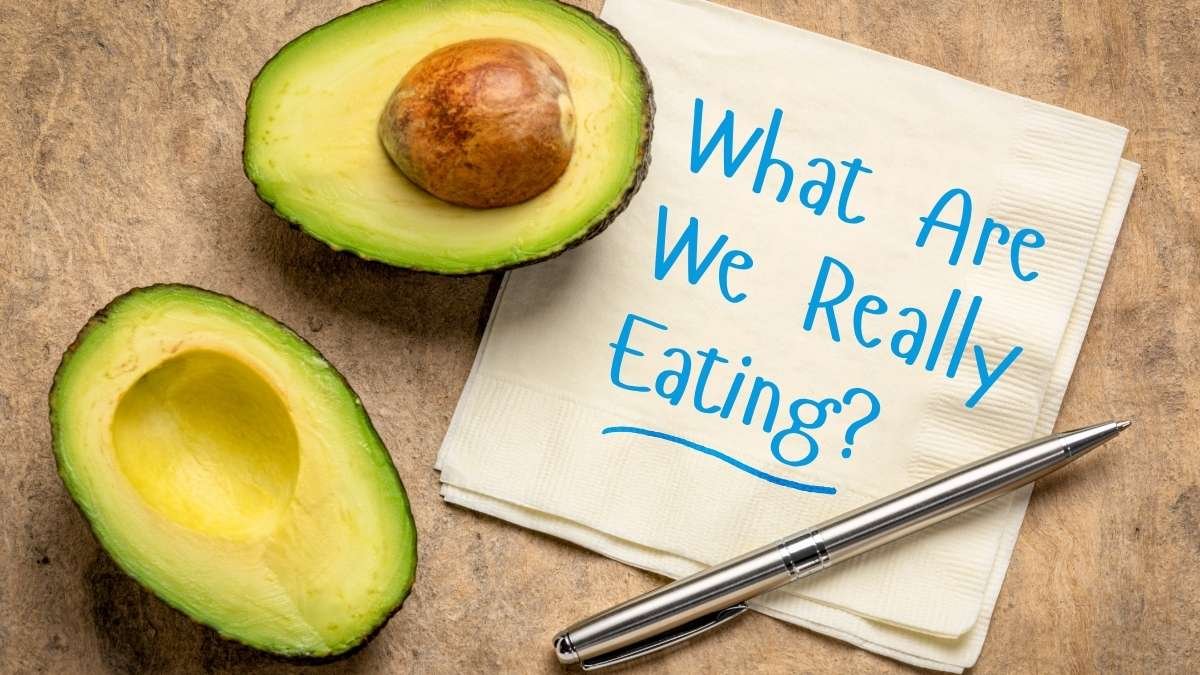
Before we get into how these foods make you feel, let’s just get nerdy for a second and look at the hard numbers. Think of it like the spec sheet for two different kinds of engines. They both run, but they’re built for totally different things.
The Tale of the Tape
Right away, you can see they’re almost opposites. Eggs are all about protein and fat. Oats are the king of carbs and fiber.
Nutritional Showdown 🥚 vs. 🥣
Comparing Two Large Eggs (100g) and One Cup Cooked Oatmeal (234g)
Micronutrient & DV Highlights ✨
Daily Value (DV) of elenium (30.8 mcg)
of Vitamin D (10% DV), which Oatmeal contains 0
Choline, a massive source for brain health
Daily Value (DV) of Iron (6.0 mg)
Carbohydrates, an excellent energy source
Fiber, supporting digestive health
Protein Powerhouse vs. The Slow-Burn Carb
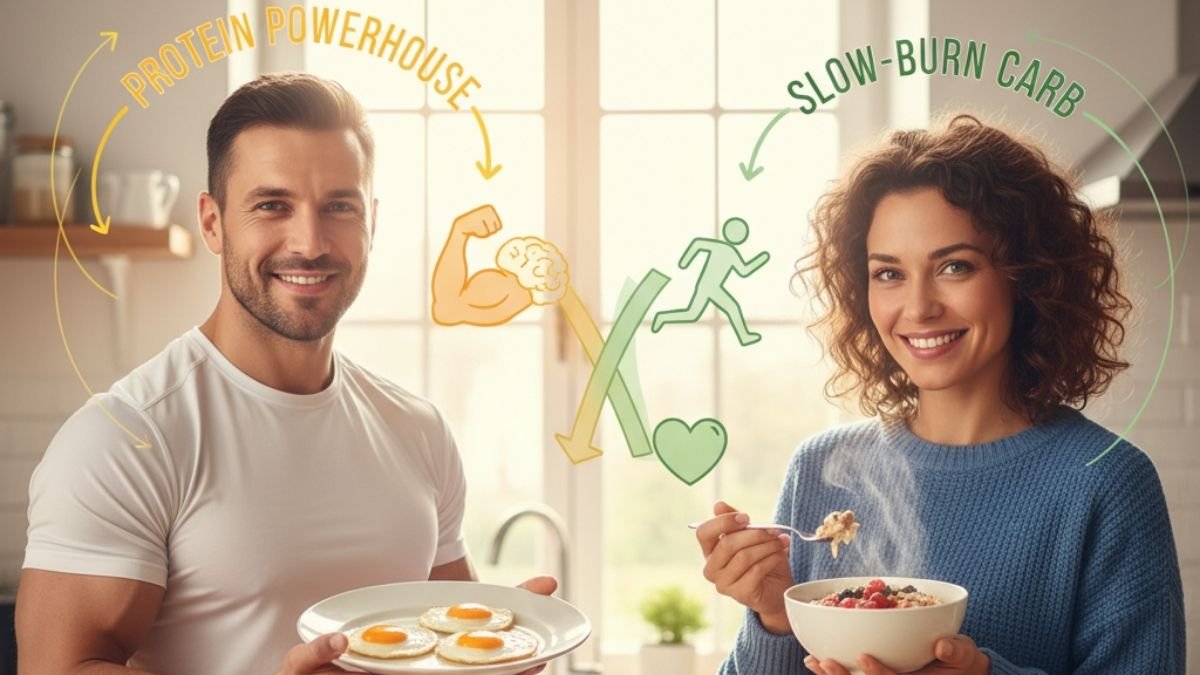
The first big thing that jumps out is the protein. Two eggs give you a solid 12.6 grams of what’s called “complete protein.” That means they have all nine of the essential amino acids—the literal building blocks your body can’t make on its own—that you need for everything from muscle repair to making hormones.
Oats, on the other hand, are your classic complex carbohydrate, with about 28 grams in a cup. These are the good carbs, the ones that break down slowly to give you a steady stream of fuel. They have some protein, sure, but it’s not the main event, and it’s an “incomplete” protein, meaning it’s missing a few of those essential building blocks.
The Hidden Talents: Vitamins and Minerals

This is where it gets really interesting. Eggs are packed with stuff that oats don’t have. They’re one of the best food sources of choline, a nutrient that’s a total rockstar for your brain. It helps with memory, mood, and focus, and honestly, most of us don’t get enough of it. Plus, eggs are one of the very few foods that naturally have Vitamin D, which is crucial for your immune system and bone health.
But don’t count oats out. They have their own secret weapons. They’re loaded with manganese, a mineral that’s super important for your metabolism. And they’re a great source of iron, magnesium, and phosphorus—all things you need for energy and keeping your body running smoothly.
The Fiber Factor: Oatmeal’s Knockout Punch
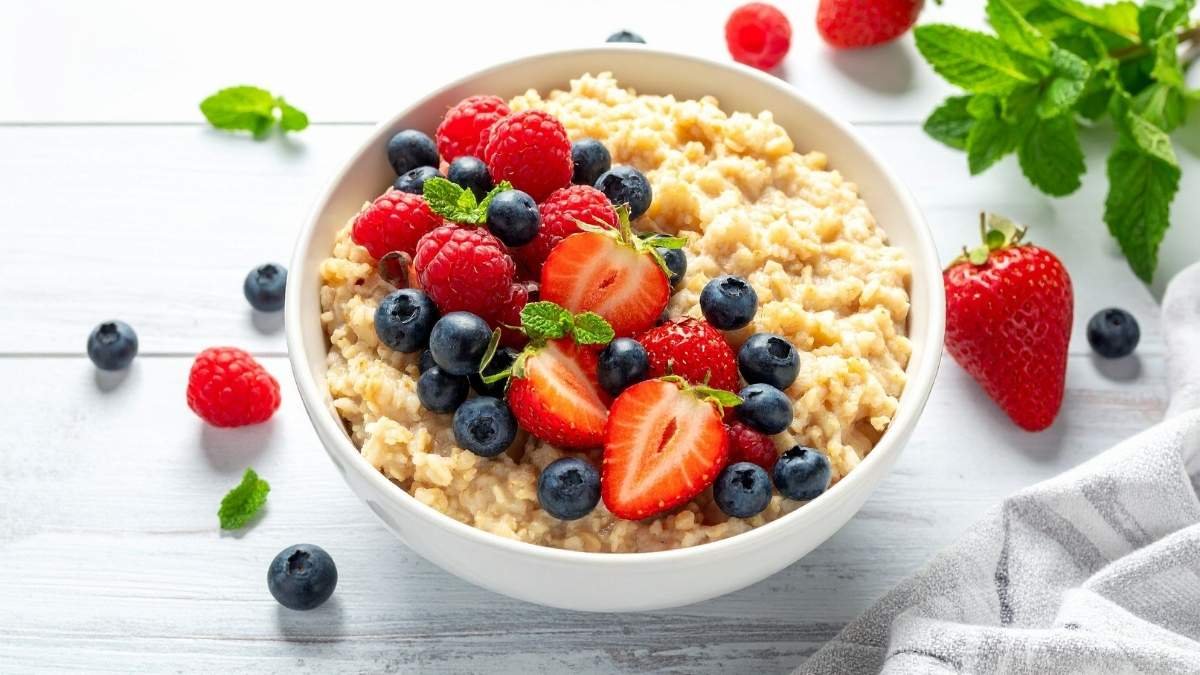
Here’s the one area where it’s not even a contest. Eggs have zero fiber. Oats are famous for it, specifically a type of soluble fiber called beta-glucan. This stuff is amazing. It forms a gel in your stomach that slows down digestion, keeps you feeling full, feeds the good bacteria in your gut, and is clinically proven to help lower your bad cholesterol. It’s a huge, undeniable health benefit that eggs just can’t offer.
So you see what’s happening here? They’re not really enemies. They’re more like two specialists on the same team. Eggs bring the complete protein and brain-boosting choline, while oats bring the heart-healthy fiber and essential minerals.
The Energy Game: It’s All About Blood Sugar
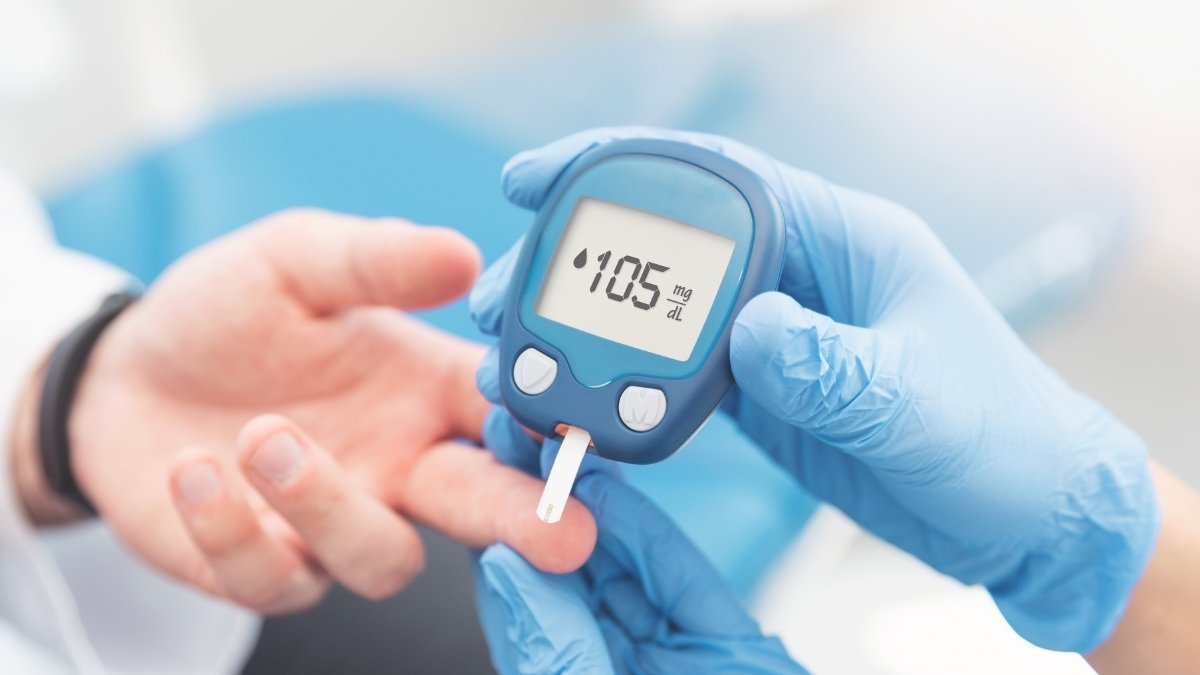
Okay, so we know what’s in them. But how does that translate to that 10 AM feeling? It all comes down to how your body processes them—specifically, what they do to your blood sugar.
How to Avoid the Crash
You’ve probably heard of the Glycemic Index (GI). It’s basically a score for how quickly a food makes your blood sugar spike. High GI foods are like throwing gasoline on a fire: you get a huge, fast flame, and then it’s gone. That’s your sugar crash.
This is where eggs have a superpower. Because they have almost no carbs, their Glycemic Index is zero. They just… don’t raise your blood sugar. At all. This means you get incredibly stable, steady energy without any risk of a crash.
Oatmeal is a different story, and this is really important: not all oatmeal is created equal.
- Steel-Cut Oats: These are the least processed and have a low GI (around 42 to 55). They’re the slow-burning log for your fire. They give you a very gradual, sustained energy release.
- Rolled Oats: These are in the middle, with a medium GI of about 57. Still a good choice.
- Instant Oats: And here’s the one to watch out for. The super-processed, fine-cut instant oats can have a GI as high as 83—that’s in the same ballpark as white bread. This is the stuff that can absolutely give you that spike-and-crash feeling. A Harvard study even found that kids who ate instant oatmeal got hungry way faster and ate more later in the day compared to kids who had steel-cut oats or an omelet.
The Fullness Factor: How to Silence the Hunger Gremlin

“Satiety” is the fancy word for how full and satisfied a food makes you feel. And the science is pretty clear: protein is the king of satiety. It’s just better at telling that little hunger gremlin in your stomach (a hormone called ghrelin) to be quiet.
One study directly compared an egg breakfast to an oatmeal breakfast with the same number of calories. The people who ate eggs had lower levels of that hunger hormone and reported feeling fuller all day long. This isn’t just a feeling, either. It changes how you eat. Another study with kids found that the ones who had eggs for breakfast ate about 70 fewer calories at lunch. As dietitian Kaytee Hadley puts it, “Starting your day with protein helps balance blood sugar, curb mid-morning cravings, and keep you satisfied longer.”
So, when we talk about “energy,” it’s not just about calories. The energy from eggs is a different kind of energy. It’s stable, it’s clean, and it comes with a powerful appetite-control signal that the energy from carbs, even good ones, doesn’t quite match. For anyone trying to manage their blood sugar or just stay focused and full, that’s a huge win.
The Long Game: What About Your Heart and Your Waistline?

A good breakfast shouldn’t just get you through the morning; it should be good for you in the long run. And this is where things get really controversial, especially when it comes to eggs.
The Great Egg Villain Story: And Why It Was Wrong

Look, for decades, we were all told that the cholesterol in eggs was a one-way ticket to heart disease. It was the number one rule of health advice, right?
Well, it turns out we were kind of pointing the finger at the wrong suspect. Modern science has shown, pretty conclusively, that for most people, the cholesterol you eat in food has a very small effect on the cholesterol in your blood. What really matters? The type of fat you’re eating, especially saturated and trans fats.
The Mayo Clinic is clear on this: the problem isn’t usually the eggs themselves, but what we eat with them—the bacon, the sausage, the butter we fry them in. The American Heart Association has even shifted its guidelines to focus on limiting saturated fat, not dietary cholesterol. So, yes, you can relax. Eating an egg a day is perfectly fine for most healthy people.
Oats: The Heart’s Best Friend

So, eggs went from villain to… well, neutral. But oats? Oats are actively proven to be good for your heart.
That beta-glucan fiber we talked about is a certified hero. The FDA even lets oatmeal brands make health claims about it. It literally works by grabbing onto cholesterol in your gut and escorting it out of your body before it can get into your bloodstream. It’s so effective that Harvard researchers say for someone specifically focused on lowering cholesterol, a bowl of steel-cut oats with nuts and berries is a “much better choice for heart health than an egg-centric breakfast.”
But wait, there’s a twist. While oats are cleaning out the pipes, eggs might be fighting inflammation. One study in people with type 2 diabetes found that an egg breakfast actually reduced a key marker of inflammation in the body compared to an oatmeal breakfast. Since chronic inflammation is a huge driver of heart disease, that’s a pretty big deal. It seems like the best strategy for your heart might be to use both.
And for Weight Management?
Both can work. The fiber in oats makes you feel full. But the evidence for eggs might be a little stronger here. Their powerful effect on keeping you satisfied, shutting down hunger hormones, and helping you eat less later in the day gives them a real edge for anyone focused on managing their appetite.
How to Not Ruin a Good Thing: Making Your Breakfast Work for You
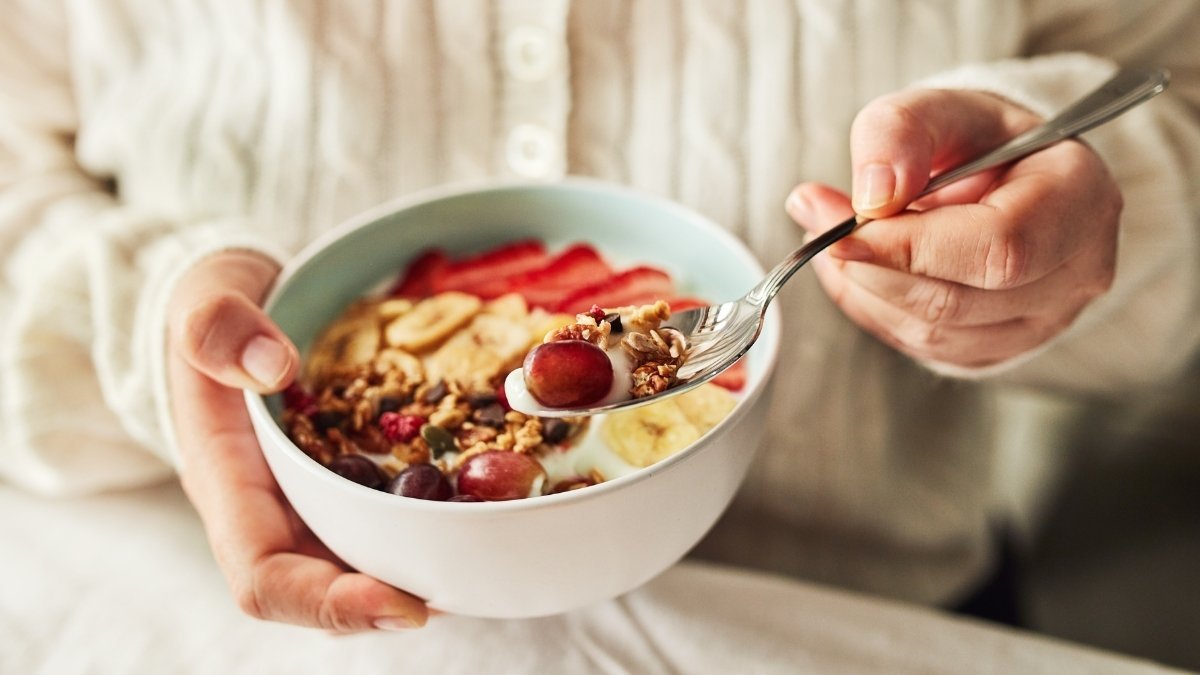
Okay, theory is great, but what matters is what you actually put on your plate. You can take the world’s healthiest breakfast and turn it into junk, and vice-versa. The real battle is won in the kitchen.
Know Your Oats
We’ve touched on this, but it’s worth repeating: the type of oat you choose matters. A lot.
- Steel-Cut Oats: The champion. Least processed, lowest GI, chewiest texture. They take longer to cook (20-30 minutes), but they’re worth it for stable energy.
- Rolled Oats (Old-Fashioned): The reliable workhorse. They’re steamed and flattened, so they cook in about 5-10 minutes. A great, convenient, and healthy middle ground.
- Instant Oats: Use with caution. The super-fine, pre-cooked kind can spike your blood sugar. And please, please avoid those little flavored packets—they’re often just sugar bombs in disguise.
Building a Better Breakfast
For eggs, the goal is not to add a bunch of unhealthy fat. Poaching, boiling, or scrambling in a good non-stick pan are your best friends. It’s not the egg that’s the problem; it’s the company it keeps (looking at you, bacon).
For oats, the golden rule is to start with plain oats and build from there. You can turn a simple bowl of carbs into a perfectly balanced meal. Here’s how:
- Add Protein: This is a game-changer. Stir in some Greek yogurt, a scoop of protein powder, nuts, or seeds. You can even whisk an egg into your oats while they’re cooking for a creamy protein boost.
- Add Healthy Fats: A spoonful of almond butter, some chia seeds, or ground flax will add healthy fats that slow digestion even more and keep you full for ages.
- Add Nutrients: Top it with fresh berries for antioxidants and even more fiber.
A Blueprint for Your Morning
Think about what your day demands and build your breakfast to match.
- The “Big Meeting & Deep Work” Scramble: Two or three eggs scrambled with a handful of spinach, served with a side of avocado. This is pure brain fuel. It’s high in protein, healthy fats, and that amazing choline, with zero impact on your blood sugar. Perfect for a day that requires laser focus.
- The “Heart Health & Happy Gut” Power Bowl: A bowl of steel-cut oats topped with walnuts (for omega-3s), flax seeds (more fiber and fats), and blueberries (antioxidants). This breakfast is actively working to lower your cholesterol and keep your digestive system happy.
- The “Post-Workout Refuel” Combo: A bowl of rolled oats mixed with a scoop of protein powder and topped with peanut butter, with a hard-boiled egg on the side. This gives you the perfect one-two punch: complex carbs to replenish your energy stores and a huge dose of high-quality protein to repair and build muscle.
A Few Tools to Make Your Breakfast Routine Effortless
Knowing what to eat is half the battle, but actually making it happen on a busy morning is the other half. Sometimes, the difference between a great breakfast and a granola bar out the door comes down to having the right tools. Here are a few things that can make your egg or oatmeal game way easier and more enjoyable.
1. A Truly Non-Stick Pan for Perfect Eggs:

A good non-toxic, non-stick pan is your best friend for making fluffy scrambles or perfect omelets without needing to add a ton of butter or oil. The OXO Good Grips Pro Frying Pan is a fantastic workhorse that’s durable, heats evenly, and is celebrated for its excellent non-stick surface, making cleanup a breeze.
2. An Egg Cooker for Ultimate Convenience:

If you love hard-boiled or poached eggs but hate the guesswork, an electric egg cooker is a game-changer. The Dash Rapid Egg Cooker is a fan favorite for a reason: it’s compact, affordable, and makes perfect eggs every single time with just the push of a button. It’s ideal for meal prepping a batch of boiled eggs for the week.
3. High-Quality Steel-Cut Oats:

To get the most out of your oatmeal, you want to start with the best quality, least-processed oats. Bob’s Red Mill Organic Steel Cut Oats are consistently recommended for their nutty flavor, chewy texture, and high quality. They are the perfect base for building that “Heart Health Power Bowl.”
4. A Powerful Personal Blender:

A personal blender is amazing for more than just smoothies. You can use it to whip eggs into a perfectly uniform, airy consistency for the fluffiest omelet of your life. The Nutribullet Pro 900 is a top pick for its powerful motor that can handle anything from frozen fruit to nuts and seeds, making it a versatile tool for all kinds of healthy breakfasts.
5. The Perfect On-the-Go Oats Container:

For overnight oats lovers, having a good container is key. The Bentgo Snack Cup is brilliant because it’s leakproof and has a separate top compartment. This means you can keep your toppings—like nuts, seeds, or fresh fruit—separate and crunchy until you’re ready to eat, preventing a sad, soggy breakfast.
The Final Verdict: So, Who Actually Wins?
After all of that, who gets the crown?
Here’s the truth: the winner is you. Because now you know the secret. There isn’t one single champion. There’s just the right tool for the right job.
Let’s Break It Down One Last Time:
- Eggs Win For:
- Rock-Solid Blood Sugar: That zero GI score is unbeatable for preventing a crash.
- All-Day Fullness: They are scientifically better at shutting down hunger.
- High-Quality Protein: They’ve got all the essential building blocks your body needs.
- Brain Food: They’re one of the best sources of choline you can eat.
- Oats Win For:
- Lowering Cholesterol: That beta-glucan fiber is a proven heart-health hero.
- Gut Health: All that fiber is fantastic for your digestive system.
- Key Minerals: They’re packed with manganese, iron, and magnesium.
- Being Naturally Low-Fat: Especially low in the saturated fats we worry about.
The Real Winner Is… The One That Matches Your Goal for the Day.
- If your goal is STABLE ENERGY, APPETITE CONTROL, and MENTAL FOCUS… The winner is EGGS. Hands down. For a long day of work, a morning when you need to be sharp, or if you’re trying to manage cravings, eggs are your best bet.
- If your goal is HEART HEALTH, LOWERING CHOLESTEROL, and BETTER DIGESTION… The winner is OATS. Specifically, steel-cut or rolled oats. Their unique fiber gives them an advantage that eggs simply can’t compete with in this arena.
The smartest play here isn’t to pick a side and stick to it forever. It’s to build a breakfast rotation. Use eggs on your busy workdays. Use oats before a long run or on days you want to load up on fiber.
The real victory in the breakfast wars isn’t about crowning a king. It’s about understanding your own body and your own day, and finally being able to give it exactly the fuel it needs to win.






